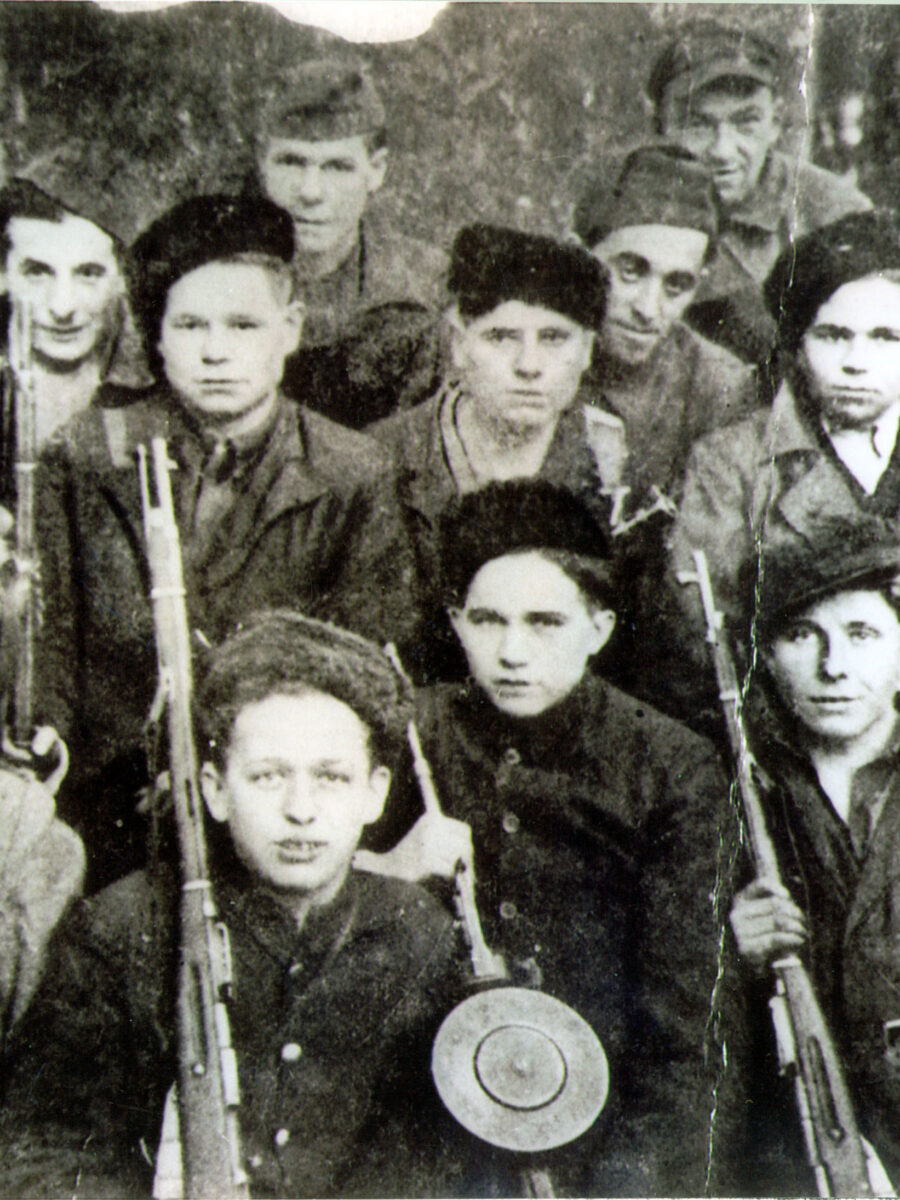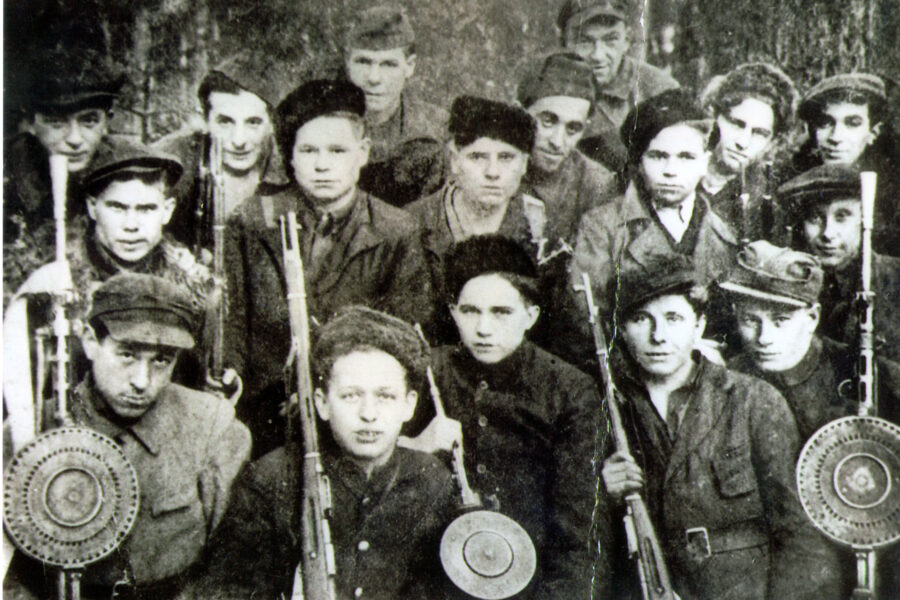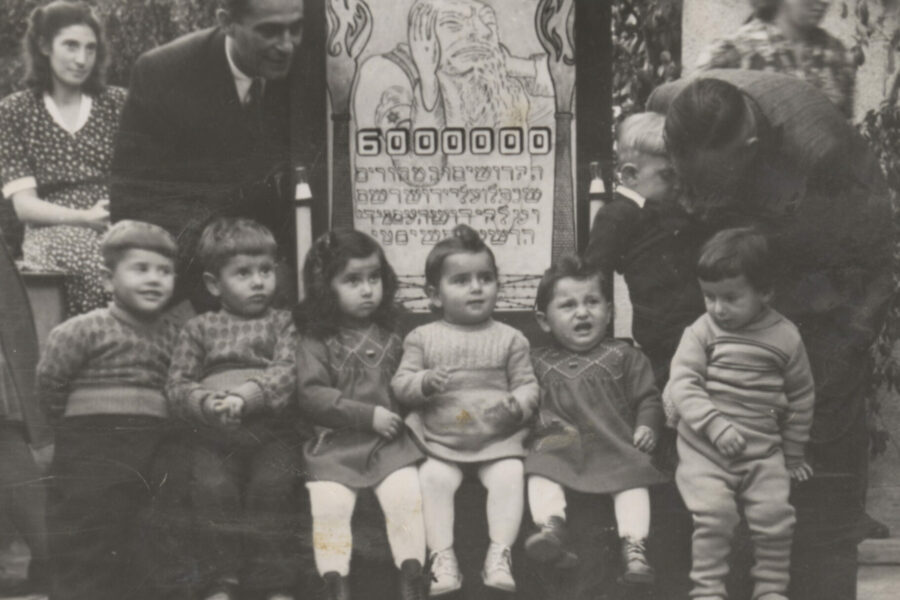Leon Figa was born on November 15, 1919, in Warsaw, Poland where his family owned a butcher shop. He had two older brothers, Shmuel and Avram, and a younger sister, Brucha. Before the war, Leon went to trade school and studied to be a tool-and-die maker. He worked at a packing company and later at his uncle’s factory.
When the Germans occupied Warsaw in September 1939, Leon fled with his younger cousin and uncle, leaving his parents and many other family members who stayed behind. Leon, his cousin, and uncle attempted to reach the Soviet border, but they were caught by German soldiers who separated and robbed them before releasing them. Afterward, Leon and his cousin paid to be hidden at a farm before sneaking over the border. They made their way to a Polish Jewish refugee community near Lozma where they were reunited with their uncle and other family members. There, Leon managed a store. After a few months, soldiers came to Leon’s house in Lozma searching for illegal refugees. Leon fled to Slonim, where his brother, Avram, and other family were living. Avram and Leon worked as laborers in a lumber yard while his extended family owned a meat factory.
In 1941, Germany invaded the Soviet Union. The Germans occupied Slonim and established a ghetto. Leon was moved into the ghetto where he worked as a mechanic before working at a German army ammunitions factory. Leon smuggled weapons out of the factory to the resistance with the promise of being able to join the partisans.
In 1942, when out on an ammunition retrieval mission for the army factory, his group was ambushed by the Lenin Brigade, a group of Soviet partisan fighters. The Brigade killed the Germans on the mission along with anyone deemed to have been working with them. Leon survived and was allowed to join the Brigade due to his previous underground smuggling activity. In the partisans, he was taught how to handle weapons and eventually served as an explosives and ammunitions expert. Leon specialized in blowing up trains and train tracks during the two and half years he spent with the partisans.
The Red Army liberated the partisans in July 1944 and recruited the men to fight on the front. Leon joined the army and was wounded. He was taken to a hospital in Russia before returning home to Warsaw. In Warsaw, he was unable to find any surviving family. He lived for two years in the Foehrenwald Displaced Persons Camp in Germany where he met his future wife, Sarah, also a survivor.
Leon immigrated to New York in 1949 before moving to Chicago in 1950 to join Sarah. They were soon married. Out of both of their families in Europe, only Sarah’s mother survived. In Chicago, Leon worked as a painter and wallpaper installer, in addition to running a garden center. Leon and Sarah had two sons, Stewart, a cantor in the Chicago area, and Philip, a federal judge in Colorado. Leon died in 2017.
Edited from Leon Figa, interviewed by Dan Gelfond , USC Shoah Visual Testimony Archive, February 28, 1996.







